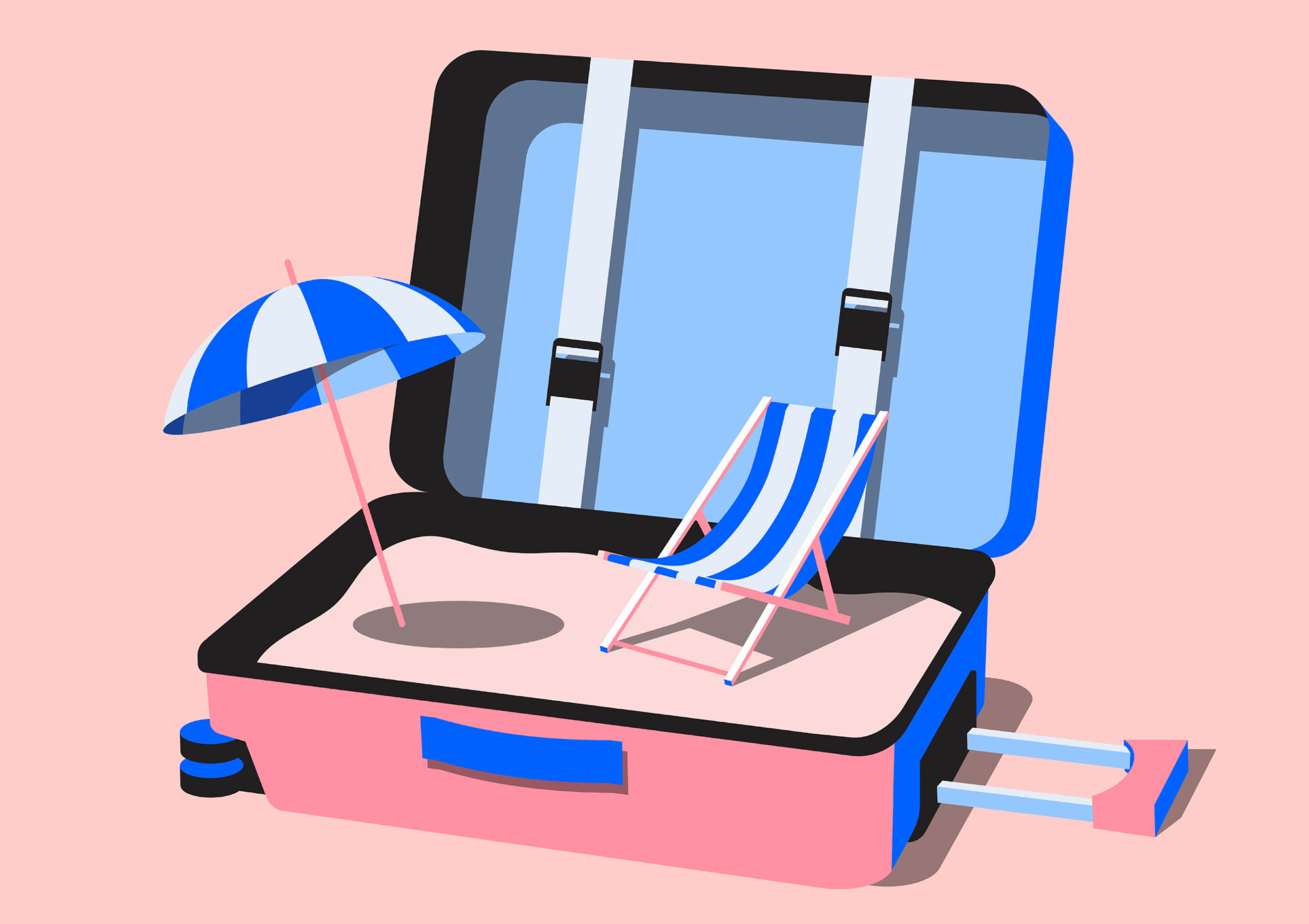Do you really rest while on holiday? Remote working opportunities grant white-collar employees some freedom, but at the same time they are redefining what “vacation” means.
According to a CIPD study in the UK, about one-third of employees dedicate specific time to work during their holidays. This shows that vacations have become less about disconnecting from work and more about simply slowing down the pace of work.
Is the Price of a High Salary Your Freedom?
NatWest’s findings are even more striking: nearly two-thirds of employees earning over £100,000 annually still work during holidays. In other words, a high salary does not bring a freer vacation; instead, it means greater responsibility and pressure to remain accessible. Put differently, “earning well” may make holidays more comfortable, but it does not provide mental freedom.
A Cultural Obligation in Turkey
The situation in Turkey is slightly different. Not only high-income workers but also low-income employees feel compelled to answer their phones and check their emails during vacations. In our culture, it is common for employers or managers to expect employees to be “reachable even while on holiday.” As a result, vacations don’t lead to genuine disconnection, but rather become a period in which we “carry work along with us.”
Rest as a Luxury for White-Collar Workers
For white-collar workers in particular, the inability to detach from work is especially pronounced. Even on vacation, checking emails, replying to messages, or joining online meetings means we are mentally never truly on leave. Thus, “vacation” has been reduced to nothing more than a change of scenery.
September Arrives, the Tempo Resumes
And once the calendar turns to September, summer vacations are over. The business world picks up speed again, with back-to-back in-person meetings, conferences, and summits. This makes returning from holiday truly refreshed more critical than ever—because the new season demands a renewed mind and energy.
Is Real Rest Possible?
Despite all this, it is still possible to truly rest, even during short holidays. A few key points help make this possible:
- See holidays as a chance to recharge energy
A vacation isn’t just about sleeping; it should be a time to activate mind and body in different ways. - Focus on quality, not length
Instead of cramming dozens of activities into every day, focusing on calmer and more meaningful experiences increases rest. - Connect with nature
Research shows that time in nature lowers stress hormones and improves sleep quality. - Disconnect from technology
The biggest trap of vacations is emails and notifications. Limiting phone use allows genuine disconnection. - Carry small rituals into daily life
Even after holidays end, habits like evening walks or staying offline on weekends help preserve vacation serenity.
Temel’s Goose, the White-Collar’s Email
One day, Temel from the Black Sea region was walking around with a goose when a friend spotted him.
— “What are you going to do with that goose? At least take it to the zoo,” said the friend.
A week later, they met again. Temel was still walking around with the goose.
— “I told you to take that goose to the zoo!” said the friend in surprise.
Temel replied:
— “I did! Now I’m taking it to the movies.”
Carrying our emails with us on vacation is a bit like that. Instead of breaking away from work, we’re just taking it along to different places.
A holiday gains meaning not just from the number of days but from how it is experienced. High-income groups cannot detach due to responsibility pressures, and lower-income groups cannot because of cultural expectations. For white-collar workers, this problem is especially visible. But when we can see holidays not as an “escape” but as a “renewal,” even a short break can be enough to refresh both body and mind.

